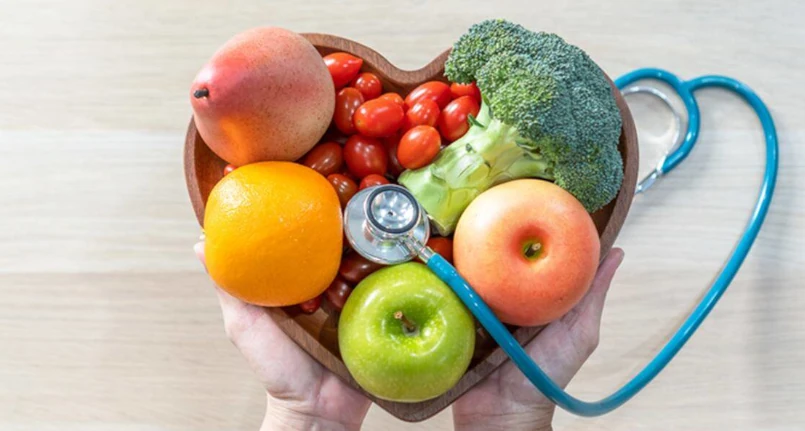Introduction
A recent study by the Federico II University of Naples has shown that the hunger timer in men is “worse” than that of women. The two sexes differ, in fact, not only for tastes and quantities of food consumed, but also for the time of day, and the moment dedicated to food intake . This obviously has effects on health, such as obesity, weight gain , the onset of heart disease and diabetes. From the scientific results reported by the researchers it seems that males have a propensity to consume food in the evening hours, risking greater metabolic complications, compared to women who instead eat more often in the first half of the day.
Why do men eat at night
The causes can be of the most diverse, from stress to sleep -wake rhythm. It seems to be precisely the different biological clock, located in the hypothalamus , that determines the difference between the habits of men and women. The biological clock, as is known, manages the rhythms of the day, including that of hunger, marked by changes in metabolism during the day.
Researchers from the Endocrinology Department of the Federico II University of Naples focused precisely on these differences to understand how much the hunger timer affected between men and women. The result: 47% of women concentrate their food consumption in the first part of the day against 33% of men. For the evening, on the other hand, it is 46% of women compared to 63% of men.
The Naples studio
During the first National Congress of “Gender Endocrinology”, promoted and organized by the Italian Society of Endocrinology (SIE) in Naples, the result of a study was presented on the moment in which meals are consumed during the day, and the consequent repercussions on the body, in men and women. In particular, it has been demonstrated how important it is to maintain a healthy weight . For this reason it is crucial to synchronize meals with the biological clock, a sort of internal timer, which regulates the rhythms of hunger, sleep, etc.
The best time to take food, therefore, is the first part of the day when cortisol levels are highest and the daily energy requirement is greater. In this regard: 47% of women concentrate their food consumption in the first part of the day against 33% of men. For the evening instead it is 46% of women against 63% of men. For this reason, women therefore tend to follow the rhythms dictated by the biological clock, with more positive effects for the metabolism and the maintenance of a healthy weight.
Men, on the other hand, tend to eat late in the evening when cortisol levels are at their lowest. This leads to metabolic consequences that are not in line with the biological timetable, with a consequent greater risk of developing obesity, diabetes and heart disease. Most of the caloric requirement , as indicated by the specialists, must be introduced in the first part of the day, approximately by 3-4 pm, to then gradually decrease.
Causes of eating at night
- hormonal imbalances
- unbalanced diet in terms of nutrients and caloric intake
- wrong food routine
- stress
- melatonin and serotonin deficiency .
- psychological causes such as depression , stress and anxiety for which food appears to have an immediate calming effect .
We speak of nocturnal eating syndrome (NES) which generally combines a sleep and mood disorder with an eating disorder , when constantly and repeatedly getting up at night, during the hours intended for sleep, to consume food, most often junk food , packaged and industrial food, without any real hunger. The action often has a comforting and satisfying effect, immediately, but it involves obvious health risks.
Risks of night feeding
- Weight gain and obesity
- Diabetes
- Heart disease
- Increased cholesterol levels
- Elevated blood sugar levels
- Apathy
- Slowing down of metabolism
- metabolic syndrome
- Tiredness and exhaustion during the day
- Sleep disorders
Several scientific studies suggest that weight gain is one of the main risks of eating food at night. Not only that, it also increases your risk of developing diabetes and heart disease . At night the levels of glucose and insulin in the blood rise more , but also cholesterol and triglycerides .
If you finish the day late, even if specialists always recommend having your evening meal no later than 8 pm, to allow for correct digestion , you can bring a light meal, low in fat and rich in protein , to the table . Night eating syndrome , however, does not refer to the consumption of food in the hours preceding bedtime, but during the hours that should be devoted to sleep, with lifts aimed at introducing food .




